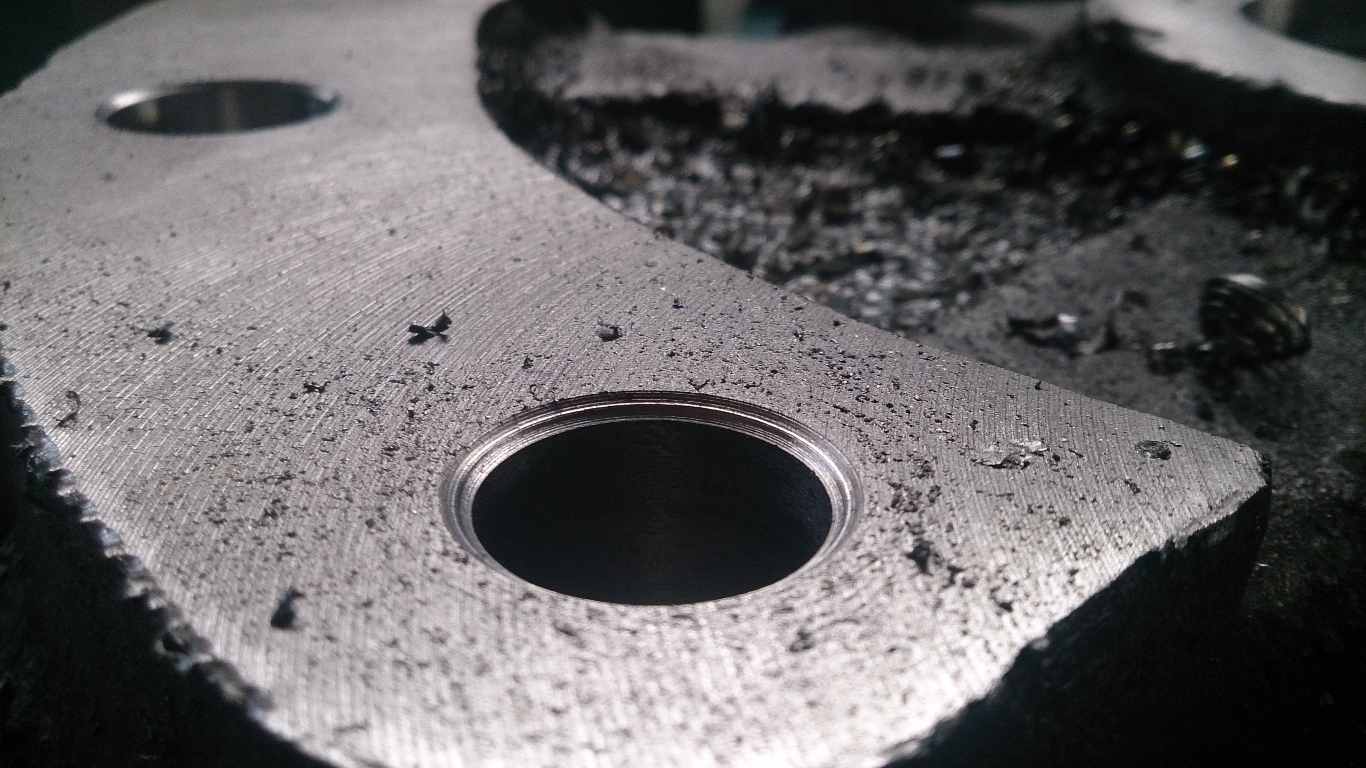Silicon metal, an elemental semiconductor, is indispensable across various high-tech industries. Given its widespread use, it’s crucial to understand its mechanical properties to evaluate its strength. This article will delve into the characteristics, production process, and diverse applications of silicon metal, aiming to shed light on its remarkable durability.
Understanding Silicon Metal
What is Silicon Metal?
Silicon metal is a refined material predominantly composed of the element silicon (Si) with trace amounts of other elements like iron, aluminum, and calcium. It differs from pure silicon, used primarily in electronics, through its enhanced mechanical properties, making it suitable for a broader range of industrial applications. Generally, silicon metal appears as a dark, grayish powder or crystal-like substance.
How is Silicon Metal Produced?
The production of silicon metal involves the reduction of silica (SiO₂) using carbon in an electric arc furnace. This process, known as carbothermic reduction, involves heating silica and carbon at temperatures exceeding 1700°C. The result is silicon metal combined with a slag of silicon dioxide and carbon. The silicon metal is then further purified, depending on its intended application. This energy-intensive process underscores the complexity and precision required in producing high-quality silicon metal.
Mechanical Properties of Silicon Metal
Strength and Hardness
Silicon metal is renowned for its exceptional strength and hardness. It boasts a Mohs hardness rating of approximately 7, which places it above many other metals and alloys. This property ensures that silicon metal can withstand substantial mechanical stress and offers high resistance to physical deformation. Its intrinsic rigidity makes it ideal for applications requiring structural stability and durability.
Ductility and Brittleness
Despite its impressive hardness, silicon metal exhibits a degree of brittleness, common among many ceramics. This brittleness means that while silicon metal can handle compressive forces, it is less capable of withstanding tensile stresses. Consequently, it may fracture or crack under excessive strain. This characteristic necessitates careful consideration of its use in applications where flexibility and impact resistance are paramount.
Resistance to Temperature Changes
One of silicon metal’s standout attributes is its ability to withstand extreme temperature variations. It maintains structural integrity across a wide temperature range, making it highly valuable in high-temperature industrial processes. Its coefficient of thermal expansion is relatively low, which minimizes thermal-induced stress and preserves its mechanical properties even under thermal cycling conditions.
Applications of Silicon Metal in Industry
Use in Electronics and Semiconductors
In the realm of electronics and semiconductors, silicon metal is indispensable. It is the cornerstone for manufacturing semiconductors, which serve as the foundation for most electronic devices—computers, smartphones, and solar cells included. The reliable electrical properties and thermal stability of silicon metal ensure that these devices operate efficiently and consistently, even in demanding environments.
Role in Alloys and Metallurgy
Silicon metal plays a vital role in the production of various alloys, significantly enhancing their mechanical and thermal properties. When silicon is added to aluminum, copper, or steel alloys, it improves their strength, hardness, and resistance to oxidation. For instance, silicon-aluminum alloys are widely used in automobile engines due to their lightweight yet robust nature. Additionally, silicon in cast iron enhances its durability and resistance to wear, making it essential for heavy-duty applications like engine blocks and machinery components.
Implementation in Solar Cells
The significance of silicon metal in solar technology cannot be overstated. High-purity silicon metal is crucial for producing photovoltaic cells that convert sunlight into electricity. Given its abundance and semiconducting properties, silicon enables the cost-effective and efficient production of solar panels. Silicon metal wafers form the core of these cells, ensuring optimal energy absorption and conversion. This key role in renewable energy efforts underscores the profound impact of silicon metal on sustainable development and the global energy market.
Comparisons with Other Metals and Alloys
Silicon Metal vs. Pure Silicon
While silicon metal and pure silicon are both used extensively in the tech industry, their applications differ significantly due to their distinct properties. Pure silicon, with its superior electrical characteristics, is predominantly used in microelectronics and integrated circuits. In contrast, silicon metal, with its enhanced mechanical properties and higher impurity tolerance, is favored in metallurgical applications and in the manufacturing of silicon-based alloys. This differentiation underscores silicon metal’s versatility and its crucial role beyond the electronics domain.
Silicon Metal vs. Steel and Aluminum
When comparing silicon metal to traditional metals like steel and aluminum, its unique properties can be highlighted. Silicon metal outperforms aluminum in terms of hardness and temperature resilience, making it suitable for applications where thermal stability is critical. On the other hand, while steel is generally stronger and more ductile, silicon metal’s superior resistance to oxidation and higher temperature endurance can offer advantages in specific contexts, such as in high-temperature industrial processes and the production of specialized alloys. Such comparisons demonstrate silicon metal’s strategic importance in complementing and enhancing the use of conventional metals.
Factors Affecting the Strength of Silicon Metal
Purity Levels and Impurities
The strength and overall mechanical properties of silicon metal can be significantly influenced by its purity levels. Higher purity silicon metals exhibit enhanced mechanical properties and are more resistant to environmental degradation. Conversely, the presence of impurities such as iron, aluminum, and calcium can alter the material’s strength, hardness, and resistance to corrosion. Ensuring the right balance and minimizing detrimental impurities is crucial in applications demanding high-performance materials.
Manufacturing Techniques
The methods used in the production of silicon metal also play a crucial role in determining its strength. For example, different refining and casting techniques can influence the material’s grain structure and homogeneity, directly affecting its mechanical properties. Advances in manufacturing technologies, such as precision melting and cooling processes, can lead to higher-quality silicon metal with improved strength and durability. Continual innovation in these techniques remains essential for maximizing the performance of silicon metal in advanced industrial applications.
Future Trends and Innovations in Silicon Metal Usage
The future of silicon metal is poised for exciting developments, driven by continuous advancements and emerging applications. Innovations in nanotechnology and materials science are likely to enhance the properties and applications of silicon metal. For instance, the integration of silicon nanowires and nanotubes could lead to breakthroughs in electronic devices and energy storage solutions. Additionally, as the demand for sustainable energy sources grows, improvements in silicon-based solar technologies and the development of more efficient, cost-effective photovoltaic cells are anticipated. These trends highlight the enduring significance and potential of silicon metal in shaping future technological landscapes.
Sunrise New Materials is an international supplier of steel and non-ferrous metal raw materials. They are committed to providing customized supply solutions for steel and metal products to global users. With a strong supply chain network and reliable services, Sunrise New Materials has become the preferred supplier for tens of thousands of customers worldwide. They have invested in production lines for various products such as galvanized color coating, seamless steel pipes, cold-rolled plates, fiberglass, and stainless steel. Additionally, they have established long-term relationships with large domestic and foreign steel mills, ensuring high-quality products and efficient services. The company also has multiple large warehouses in major domestic ports to ensure timely delivery. Sunrise New Materials actively promotes the high-end transformation of steel intelligent manufacturing and focuses on building a benchmark enterprise in the industry. They aim to contribute to the development of the steel industry worldwide.







